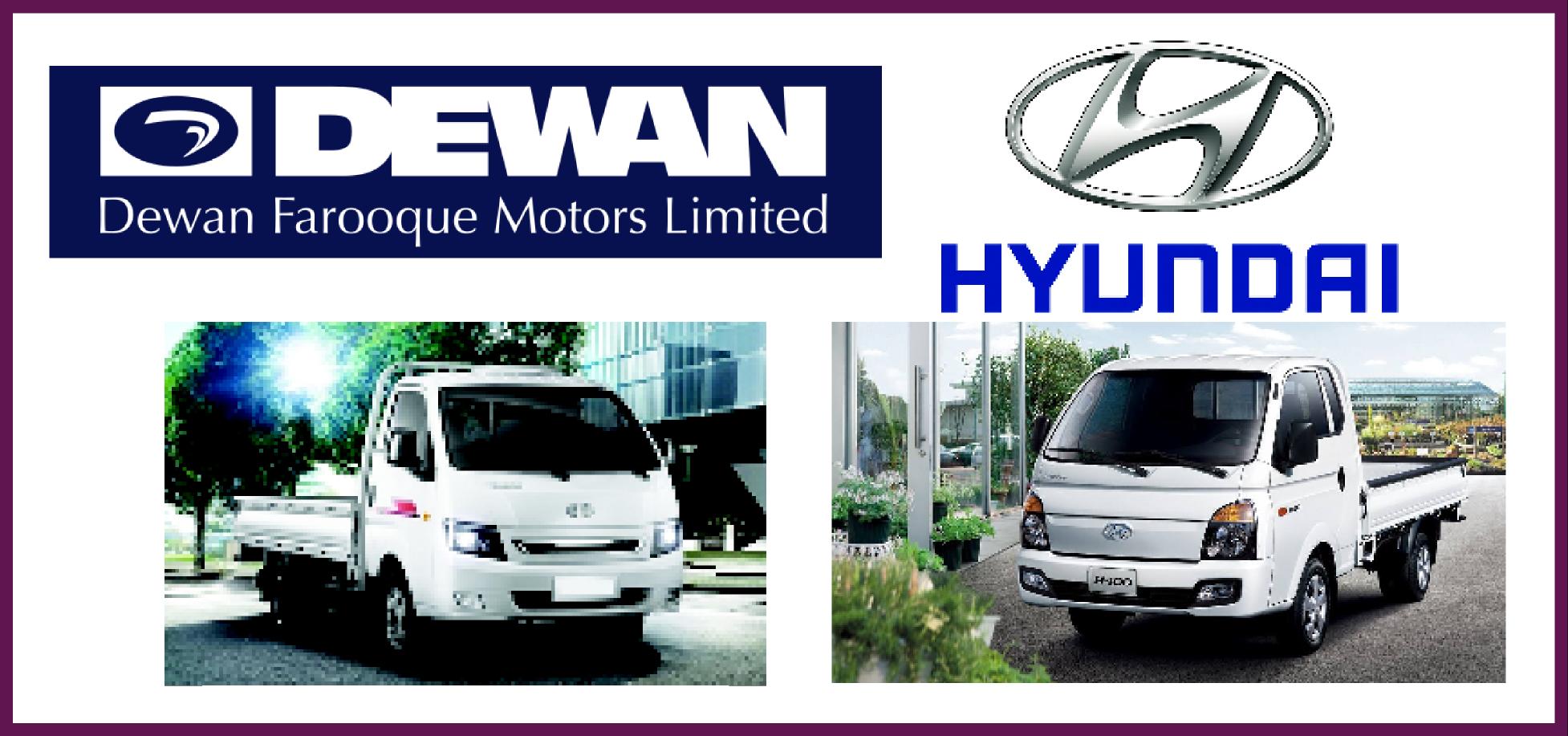The ground breaking ceremony of the Hyundai – Nishat vehicle assembly plant at Faisalabad’s M-3 Industrial City took place in last December 2017. The local production of vehicles is expected to begin within two years. Hyundai – Nishat Motors signed an investment agreement with the Ministry of Industries and Production under the Automotive Development Policy 2016 – 21 in early December 2017 to set up a Green Field project to undertake assembly and sale of passenger cars and one-ton commercial vehicles.
The groundbreaking was performed by the Prime Minister of Pakistan Mr. Shahid Khaqan Abbasi. The venture sees an investment of US $230 Million as the plant will initially produce 7,000 vehicles by 2020 and will enhance its production to 30,000 units by year 2023. Hyundai – Nishat intends to launch a range of vehicles from hatchbacks, sedans & SUVs to commercial vehicles. Three vehicles were displayed during the event, namely Hyundai Tucson, Hyundai H-1 van and Hyundai H – 100 pickup. (The latest version of Hyundai Commercial Pickup known as Shehzore in Pakistan).
On the other hand Dewan Farooque Motors Limited (DFML) is expected to resume vehicle production in Pakistan from February 2018 as it has received approval under Brownfield Category from the Engineering Development Board (EDB). Initially, the company will re-launch its popular Shehzore’s one-ton pickup trucks, which saw tremendous success in our market during the previous decade. Dewan also plans to roll out passenger cars and a Sports Utility Vehicle (SUV) after the re-launch of Shehzore.Dewan Farooque Motors is returning to the scene with a manufacturing agreement with Daehan-Dewan Motor Company Private Limited – a joint venture between DewanYousuf Companies and the Laos-based Kolao Group.
The above situation is very interesting and rather confusing for automobile industry because both companies will use Hyundai brand engines for their commercial pickups i.e. Nishat H–100 and Dewan’s Shehzore. Our sources revealed that both groups, Nishat and Dewan are ready to fight each other on this issue. We tried to obtain official reaction / statement of both groups on this issue but failed. However we gathered some information through our own resources and would like to share with our readers.
Our reliable sources says that that expiry date of the agreement between Laos based Kolao Group and Dewan Group of Pakistan was 30th December 2017,which is already expired and Dewan Group can only assemble the CKD Kit which they have already imported and kept in to custom bonded warehouse. The quantity of these CKD units are around 300 to 400. After that Dewan Group may not be able to supply / offer Hyundai engines to the Pakistani buyers for their Shehzore vehicles.
On the other hand Dewan Group claims that they have an agreement with Kolao and Kolao will supply 500 units of CKD kits every month. In this case it would be the first time in Pakistan automobile history that two different auto assemblers will use same brand and specification engines for their vehicles. There may be some positive effects of this situation. But one critical impact is that customer may suffer badly in case of a fight between Nishat and Dewan. It is a known fact that premium / popular brands in Pakistan enjoys a special position and assemblers get advance money against pre bookings of the vehicles. No doubt that Dewan Shehzore (Hyundai H-100) was a very popular model and hopefully “Dewan” successfully got a huge some of money in advance from the customers against the future delivery of vehicles. If Hyundai Nishat will create any legal hurdle and will become successful to stop Dewan for using the Hyundai brand engine, it will directly affect Dewan and ultimately Dewan customer would be on a receiving end.
Policy makers / approving authorities must keep in mind the case of Tawakal Group / Naya Daur Motors fraud in which 16000 people lost their money in the worst scam of Pakistan history. The amount involved in the fraud was around Rupees 800 Million, the customers were deprived of their hard earned cash through advance booking of the vehicle all over the country.
After collecting more than Rs. 800 Million the accused failed to provide vehicles to their customers and fled to U.S. The situation could become more critical in case of Dewan Group because presently group is on banks default list. Dewan acquired Pakland Cement in 2004 for Rs. 1.1 billion in cash soon after which Dewan group started to post losses cascading into problems for the entire group in just 24 months. Things kept turning from bad to worst and by 2008 were vanished from mainstream news. Dewan’s were eventually declared the defaulters of over Rs. 45 billion. Resultantly assembly and marketing of Hyundai vehicles in Pakistan was also stopped.
by Automark correspondent, published in Automark February-2018 printed edition
